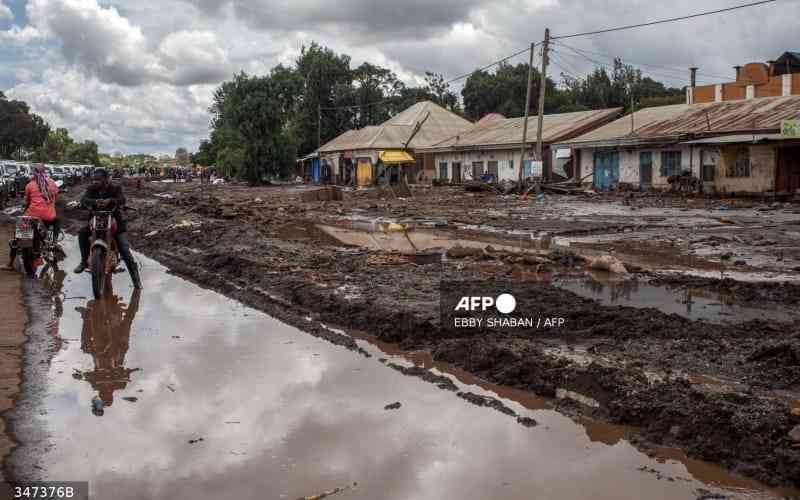In the wake of a renewed assault on corruption by the Directorate of Criminal Investigations, some legislators have accused it of lacking the locus standi to fight the vice. According to the legislators, the DCI should focus on pursuing other crimes and leave the fight against corruption to the Ethics and Anti-Corruption Commission (EACC)
While the arguments by politicians are far-fetched and actuated by disdain for the DCI for allegedly “targeting their community,” the argument raises pertinent questions. Are our investigation agencies sufficiently equipped to handle modern day economic crimes? And, are they prepared to tackle modern-day terrorism financing?
Digital Currencies: The new channel for laundering
In this digital age, there’s a lot of money permeating the economy through online channels. While all payment channels are centralised and finally converge to either banks or Mpesa, bitcoin payments are decentralised. The decentralised nature of bitcoins means that it is difficult to get an audit trail of illicit money transfers. So, most illegal transfers of money are made through the dark web where money laundering thrives in the form of Bitcoin laundering.
Bitcoin laundering is a new form of money laundering that oscillates within the bitcoin network. In this criminal enterprise, users move their bitcoin to new addresses in a manner that conceals the source of the funds.
Under the realm of bitcoin laundering are exchanges that facilitate the conversion of bitcoin into fiat currency. Ordinarily, these exchanges operate without any Anti-money laundering (AML) and Know Your Customer (KYC) policies. Since Bitcoin users employ pseudonyms instead of real names and transfer it across international borders without using any intermediaries, there is a lot of illicit activity within the network.
What Does This Imply?
Let’s dispense with the political hoopla about whether the DCI should be targeting economic crimes or not-its mandate is to deal with all crimes-and focus on its ability to handle new crimes.
While the Central Bank of Kenya has been categorical that no entity is currently licensed to offer money remittance services and products in Kenya using virtual currency such as Bitcoin, a lot of bitcoin transactions are taking place in the dark web. To help the DCI and other investigating agencies in combatting money laundering in the form of bitcoin, CBK should be more stringent in enforcing its AML rules.
Additionally, the investigation agencies should adequately train its officers to understand the cybercrime. Specifically, there should be a concerted effort by investigation agencies to know how criminals are using bitcoin money laundering to sleaze a lot of money from Kenyan coffers.
For a society that is riven along tribal and political lines, the fight against corruption will always elicit mixed reactions-depending on your political and tribal affiliation. However, a sufficiently trained and responsive investigation agency is the only cudgel that will exterminate the monster of corruption.
 The Standard Group Plc is a
multi-media organization with investments in media platforms spanning newspaper
print operations, television, radio broadcasting, digital and online services. The
Standard Group is recognized as a leading multi-media house in Kenya with a key
influence in matters of national and international interest.
The Standard Group Plc is a
multi-media organization with investments in media platforms spanning newspaper
print operations, television, radio broadcasting, digital and online services. The
Standard Group is recognized as a leading multi-media house in Kenya with a key
influence in matters of national and international interest.
 The Standard Group Plc is a
multi-media organization with investments in media platforms spanning newspaper
print operations, television, radio broadcasting, digital and online services. The
Standard Group is recognized as a leading multi-media house in Kenya with a key
influence in matters of national and international interest.
The Standard Group Plc is a
multi-media organization with investments in media platforms spanning newspaper
print operations, television, radio broadcasting, digital and online services. The
Standard Group is recognized as a leading multi-media house in Kenya with a key
influence in matters of national and international interest.







